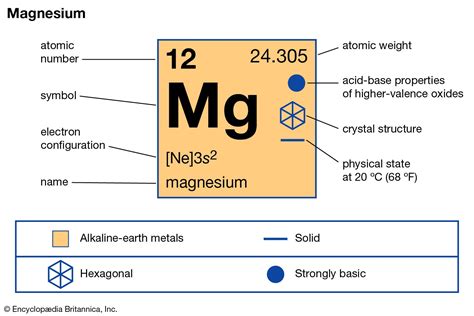What essential nutrients boost men’s natural testosterone & energy?

Optimizing Men’s Vitality: The Power of Essential Nutrients
For men, maintaining optimal testosterone levels and consistent energy is crucial for overall well-being, mood, muscle mass, libido, and cognitive function. While factors like age, lifestyle, and genetics play significant roles, nutrition is a powerful and often overlooked component in supporting these vital aspects of men’s health. By incorporating specific essential nutrients into your diet, you can naturally enhance your body’s ability to produce testosterone and sustain energy throughout the day.
Key Nutrients for Testosterone Production & Energy
1. Vitamin D (The Sunshine Vitamin)
Often referred to as a pro-hormone, Vitamin D is critical for numerous bodily functions, including immune health, bone density, and, notably, testosterone production. Research suggests that men with sufficient Vitamin D levels tend to have higher testosterone. It also plays a role in mood regulation and combating fatigue, contributing to overall energy.
- Sources: Sun exposure (primary), fatty fish (salmon, mackerel), fortified milk and cereals, egg yolks, some supplements.

2. Zinc (The Mineral Powerhouse)
Zinc is an essential mineral involved in over 300 enzymatic reactions in the body. For men, it’s particularly vital for testosterone synthesis and maintaining sperm health. Zinc deficiency has been directly linked to lower testosterone levels. Furthermore, it supports immune function and cellular metabolism, which indirectly contributes to sustained energy.
- Sources: Oysters, red meat, poultry, beans, nuts, whole grains, dairy products.
3. Magnesium (The Relaxation Mineral)
Magnesium is involved in more than 600 biochemical reactions, including energy production (ATP synthesis), muscle and nerve function, blood glucose control, and blood pressure regulation. Studies indicate that magnesium supplementation can increase free and total testosterone levels, especially when combined with exercise. Its role in energy metabolism is direct and profound, helping to reduce fatigue.
- Sources: Dark leafy greens, nuts (almonds, cashews), seeds, legumes, whole grains, dark chocolate, avocados.

4. Omega-3 Fatty Acids (The Anti-inflammatory Powerhouses)
Found primarily in fatty fish, Omega-3 fatty acids (EPA and DHA) are renowned for their anti-inflammatory properties and benefits for heart and brain health. While not a direct testosterone booster in the same way as Vitamin D or Zinc, Omega-3s contribute to overall cellular health and can improve insulin sensitivity, which indirectly supports healthy hormone balance and energy metabolism. They also aid in reducing oxidative stress, which can positively impact energy levels.
- Sources: Fatty fish (salmon, mackerel, sardines), flaxseeds, chia seeds, walnuts, fish oil supplements.

5. Boron (The Trace Mineral)
Boron is a trace mineral that, even in small amounts, can have a significant impact on hormone regulation. Research suggests that boron supplementation can increase free testosterone levels (the biologically active form) and decrease estrogen levels in men. It also plays a role in Vitamin D metabolism and magnesium absorption, indirectly supporting energy and overall hormonal health.
- Sources: Raisins, prunes, almonds, avocados, apples, coffee.
6. B Vitamins (The Energy Regulators)
While not directly involved in testosterone production, the entire B vitamin complex (B1, B2, B3, B5, B6, B7, B9, B12) is absolutely essential for energy metabolism. They help convert food into usable energy, support neurological function, and aid in red blood cell formation. A deficiency in B vitamins, particularly B12, can lead to fatigue, weakness, and reduced vitality.
- Sources: Whole grains, meat, poultry, fish, eggs, dairy, leafy green vegetables, legumes.

A Holistic Approach to Men’s Health
While focusing on these essential nutrients is a powerful step, it’s crucial to remember that they work best as part of a holistic approach to men’s health. Regular strength training and cardiovascular exercise, adequate sleep (7-9 hours), effective stress management, and limiting processed foods, sugar, and excessive alcohol intake all play equally important roles in optimizing natural testosterone production and energy levels.

Conclusion
Empowering your body with the right essential nutrients is a fundamental strategy for men looking to naturally boost their testosterone and energy. By consciously incorporating Vitamin D, Zinc, Magnesium, Omega-3s, Boron, and B Vitamins into your daily diet, alongside healthy lifestyle choices, you can lay a strong foundation for improved vitality, better mood, and sustained energy. Always consult with a healthcare professional or registered dietitian before making significant dietary changes or starting new supplement regimens, especially if you have underlying health conditions.








